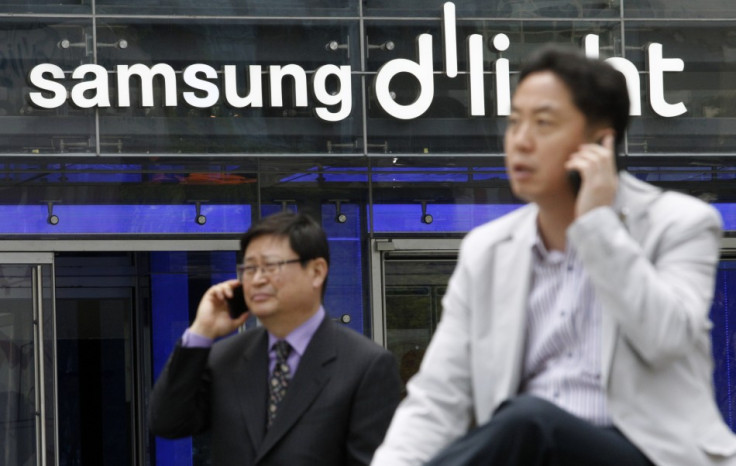'Connectivity is Like Oxygen' - Survey Finds Workers' Smartphone Addiction Increasing
Reliance on a connection to the mobile internet has resulted in 88 percent of workers ranking wireless access as being as important to their lives as running water and electricity.

Published this morning, 22 May, the quarterly iPass Mobile Workforce Report surveyed 1,689 mobile enterprise employees at 1,100 companies worldwide between 27 March and 13 April 2012.
More than a quarter of workers questioned admitted to taking advantage of unsecured Wi-Fi networks in order to get their work done, with 60 percent reporting a 50- to 60-hour working week due to working via mobile devices from home and on the road.
"Connectivity is like oxygen for today's mobile workers," said Evan Kaplan, chief executive of iPass. "The improved ability to work anywhere as long as they are connected appears to be driving higher productivity.
"This reinforces the need for IT departments to provide services that ensure high quality, safe and affordable global connectivity for their employees."
Almost all of those asked - some 95 percent - reported significant reductions in their job productivity without wireless access to the internet or to their work servers, emphasising the huge demand modern business has on being connected.
Such demand is causing friction between workers who cannot put down their smartphones and their families - in Europe 38 percent of those questioned admitted that mobile use had caused friction in their personal lives with partners, friends and family.
Obsession over mobile phone use is worst in Asia, where 71 percent of mobile workers admit to keeping their smartphone in the bedroom and a further 56 percent revealed that they "sometimes or obsessively" wake up during the night to check their phone.
This trend of phone-checking continues in America, where 38 percent of workers saying that the first thing they do after waking up is to check their smartphone, followed by 33 percent in Asia and 29 percent of Europeans.
Use of mobile devices looks set to increase, as 27 percent of the 1,700 employees questioned intend to buy an iPad in the next six months, while eight percent plan to buy a Samsung Galaxy tablet.
© Copyright IBTimes 2025. All rights reserved.






















